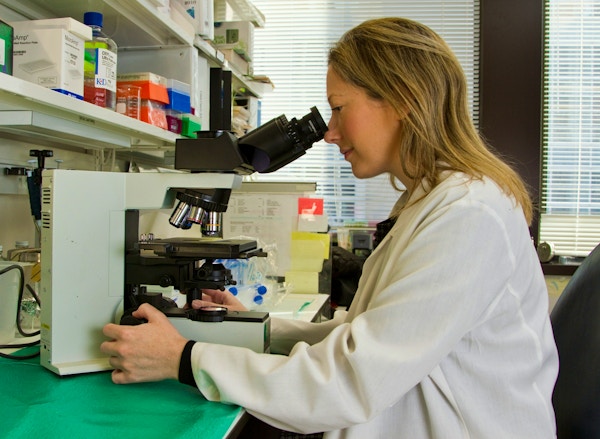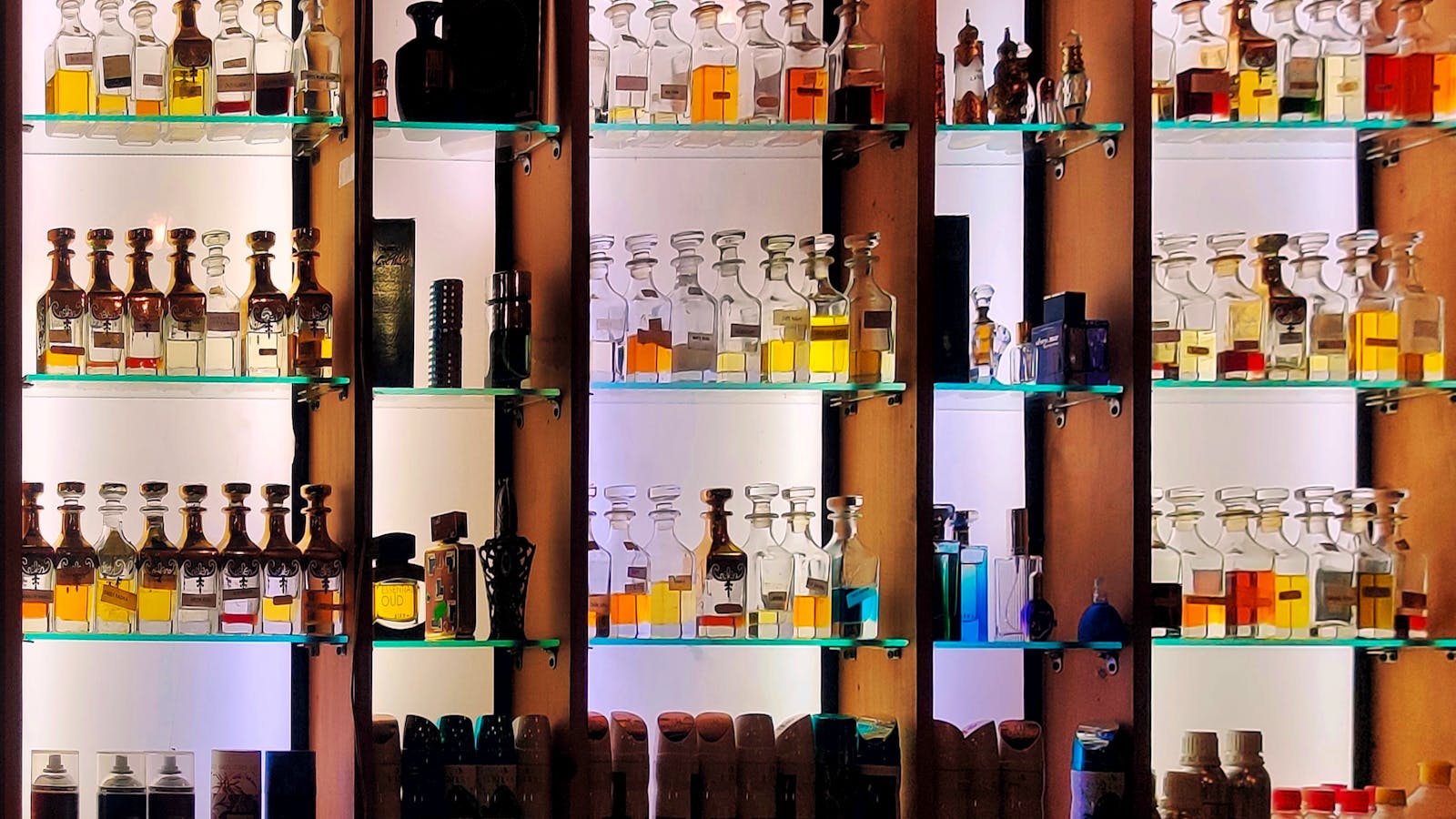Choosing to take notice of good news reporting will not, of course, cancel out the worrying headlines. Nor will it act as a cure for mental health problems. It may, however, go some way to redressing the balance and giving us just a soupçon of hope that good things are going on all around us too. These are a few of our favourite stories from 2024 so far.
Exciting New Discovery: African Elephants Have Nicknames For Each Other

For a dose of dopamine, spare a thought to elephants flapping their ears and lifting their trunks in an energetic fashion when they hear friends or family calling their names. In a groundbreaking new study in Kenya, scientists used AI to analyse recordings of wild savanna elephants collected since 1986 in Samburu National Reserve and Amboseli in Kenya. They found evidence that elephants respond to individual names called through specific low reverberating rumbles. While we’ve always known how some animals like parrots and dolphins mimic each other’s noises, this is the first time an animal has been discovered creating individual names for one another.
The World Is Finally Feeling Less Negative, Research Reveals

Feeling less anxious or angry this year? You’re not alone. According to Gallup’s most recent Global Emotions Report, the world’s overall mood is improving with emotional health bouncing back to pre-pandemic levels. For the first time in a decade, the Negative Experience Index is in decline. To compile the index, Gallup spoke to 146,000 people aged 15 and over in 142 countries and territories measuring people’s positive and negative emotions. ‘Overall, the results point to a world that is, despite its manifold woes, more happy than fretful,’ the polling firm said.
‘Breakthrough’ Brain Cancer Blood Test May Boost Survival Rates

Progress against cancer is uplifting. UK scientists developed a simple low-cost blood test that could diagnose brain tumours earlier, when treatment is most likely to be successful. ‘A non-invasive, inexpensive method for the early detection of brain tumours is critical for improvements in patient care,’ explained Imperial College’s Dr Nelofer Syed. ‘Through this technology, a diagnosis of inaccessible tumours can become possible through a risk-free and patient-friendly blood test.’ If larger studies validate the scientist’s results, experts estimate that patients could benefit from the new blood test in as little as two years.
Plastic Bag Litter Washed Up On Beaches Plummets By 80%

While the fight against plastic pollution is ongoing, this story about a drop in beach litter gives hope. Over the last decade, there has been an 80% decline in the number of plastic bags washed up on UK beaches, recently reported The Marine Conservation Society. This significant decline in plastic bag litter coincides with the single-use plastic bag fee which was introduced throughout the UK a decade ago.
Ownerless Scottish Properties To Be Offered to Communities

Good things are happening north of the border. Launched in March this year, a new scheme in Scotland aims to make it easier for local communities and councils to reclaim and repurpose ownerless buildings and derelict land. For a nominal fee, the Ownerless Property Transfer Scheme enables the transfer of millions of pounds worth of property into public ownership providing community assets where they are most needed. One of the first communities to benefit from the scheme was the sleepy village of Muirkirk in Ayrshire. After buying a derelict petrol station for a knockdown price, they intend to convert the crumbling tarmac space into a community garden and picnic stop.





